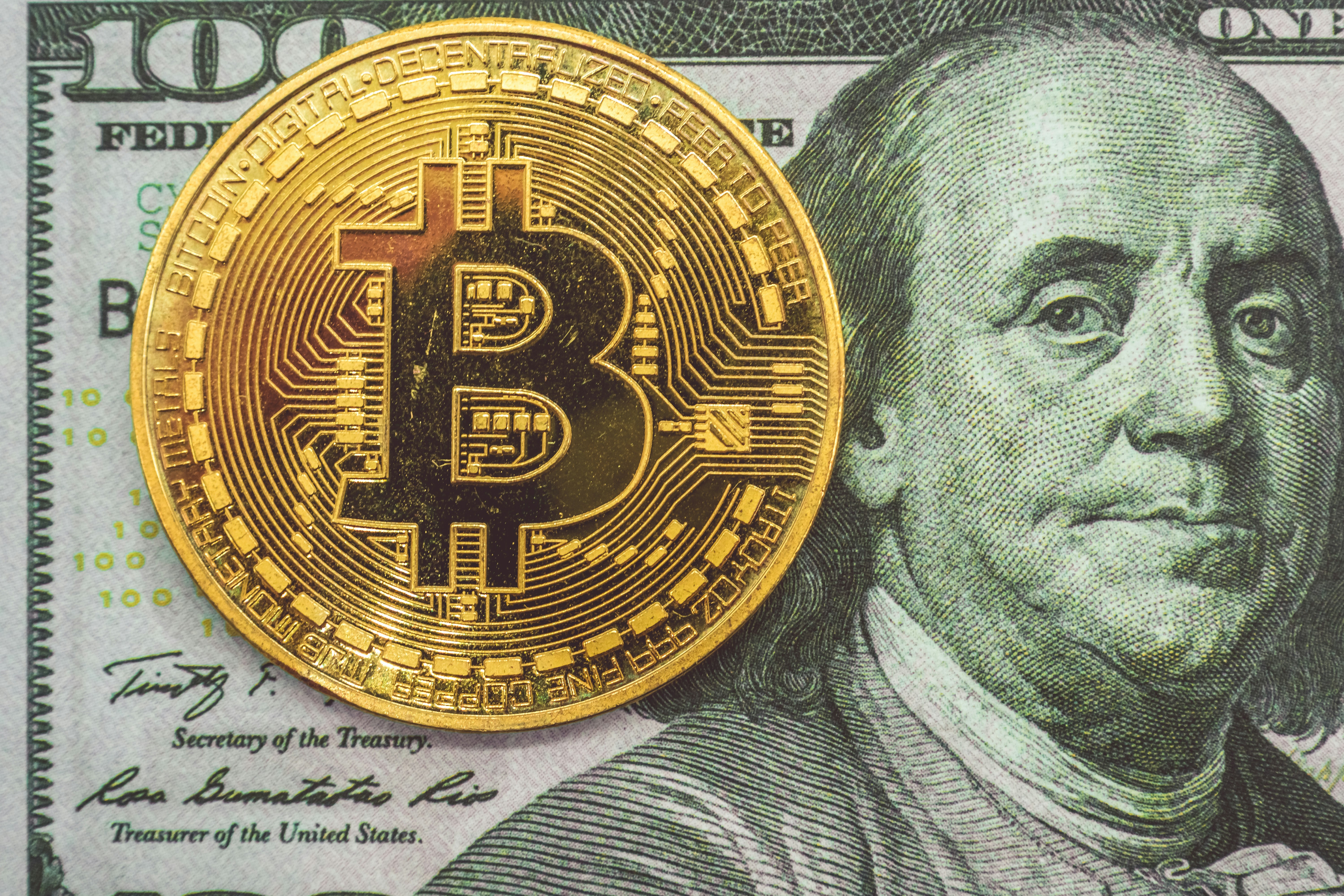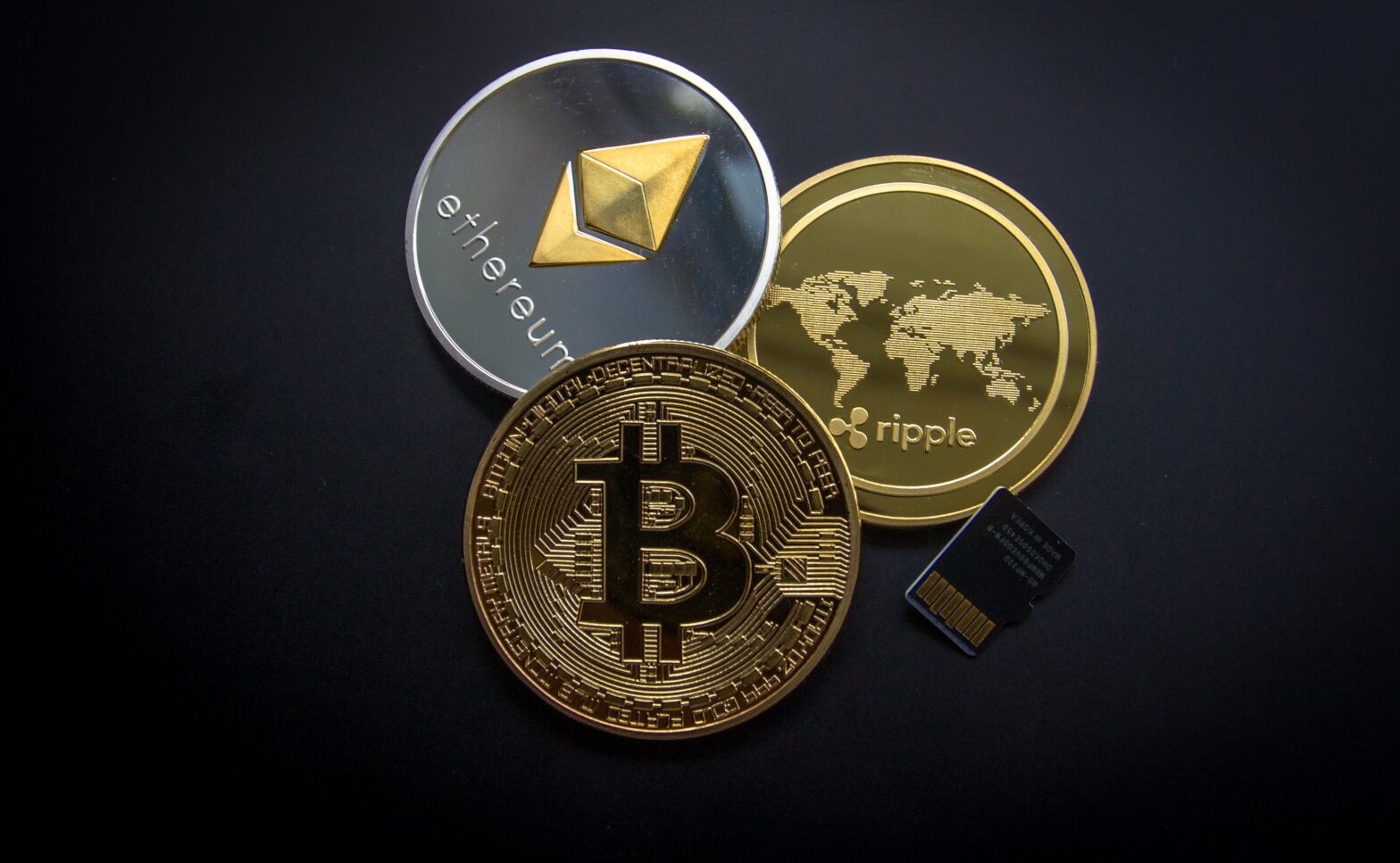Money 101
Think of money in general. Money is honored subjectively as the general tender for goods and services among people wherever they live. Have you ever considered the privilege and value of an American dollar? The rectangular green bill branding a 1 has the power of small purchases such as candy, cheap birthday cards, or a small Wendy’s frosty. The material dollar bill, or cash, is non-traceable, undesignated, immediate, and acceptable for transactions without fee. Keep this in mind.
With the prevalence of online and paperless purchasing, cash is fading into the shadow of online banking and credit usage. While it may grow obsolete in the near future, the free-use principle behind it stands strong— no intermediaries; no micromanagement; and no thumbprint record on transactions. Cash can remain and maintain this principle with a mere change of form from material value to a digital value. The seed of this idea dates back to the 1980s and was later born in 2009 at the emergence of Bitcoin by the mysterious Satoshi Nakamoto after the 2008 Great Recession.
What does “crypto” mean?
Cryptocurrency, essentially, is digital cash. The difference between the cash you’d see in your bank’s checking account and the monetary equivalent of your cash in cryptocurrency is the governance of your money. “Crypto” is short for cryptography. This means using code to protect data from unauthorized third parties. The unauthorized third parties in this case are traditional banks or other centralized management systems, and the anonymity of cash is preserved from their oversight.

How is cryptocurrency decentralized?
In this way, cryptocurrency is decentralized in its governance, and users are given full authority over their money. Imagine withdrawing all of the money out of your bank’s checking and savings accounts and managing your money in your own signature wallet.
This decentralization has been said to be a way to buy and sell online without “the man” watching. Historically, even though banks have proven their weaknesses through market crashes, central authorization has provided convenience and a form of security for finance management that most are comfortable with. That said, many reasonably wonder how decentralized currency is worthwhile.

Can we trust cryptocurrency?
Firstly, cryptocurrency regulation and sustainability are possible by the brilliance of blockchain technology. In short, this is the converse process of accountability to centralized authorization— a dispersed system of authorized users around the globe maintaining currency accountability. You can learn how more about what this is and how it works here. Secondly, whether or not it’s worth the change is subject to the individual’s faith in the direction of the current government or the value added to the decentralized system.
Many notable figures have offered reviews worth weighing on each side. For example, Bill Gates (Co-founder of Microsoft) and Elon Musk (CEO of Tesla) advocate for the future flourishing of this new system and its global benefits. Others, such as Warren Buffet (CEO of Berkshire Hathaway) and Ajay Banga (CEO of Global Mastercard) are wary of its rise and are concerned about its abuse for criminal purchasing activity.
One way or another, cryptocurrency is revolutionizing trade, finance, and banking. Fascinatingly, cryptocurrency can be seen as a prototype for how the power of decentralization as a concept can and will change our world.

